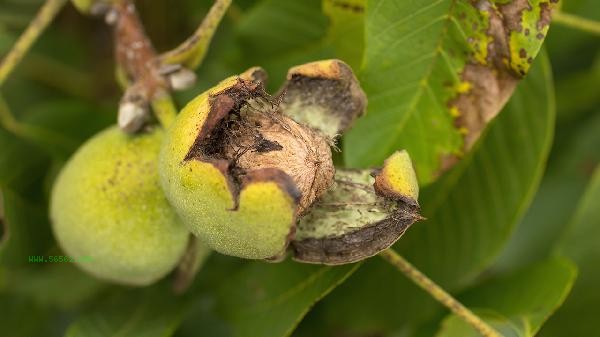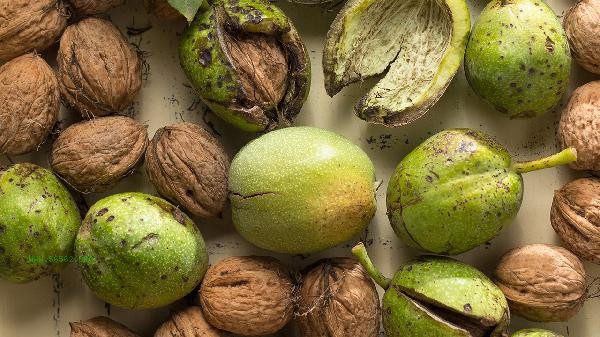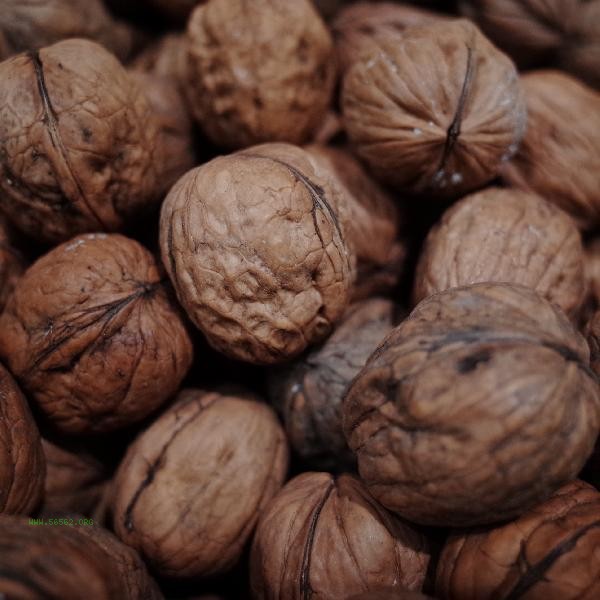The bitterness of walnuts is related to their variety and freshness. Walnuts with lighter bitterness are usually more suitable for direct consumption, while walnuts with heavier bitterness may be more suitable for cooking and processing. The quality of walnuts mainly depends on factors such as freshness, oil content, and storage conditions. The bitterness of walnuts usually comes from the brown seed coat on the surface of the walnut kernel, which contains substances such as tannins. Fresh walnut kernels have a lighter bitterness, a sweeter taste, and a richer flavor when the oil content is high. This type of walnut is suitable for direct consumption as a snack, as it can better preserve nutrients such as unsaturated fatty acids and vitamin E. If walnuts are stored for too long or improperly, oxidation of the seed coat can lead to increased bitterness, and the taste will significantly deteriorate.

Some walnut varieties have a strong bitter taste themselves, or picking them when they are not fully ripe can increase astringency. After baking, sugar soaking, or cooking with dishes, the bitterness of these walnuts will be masked or transformed. High temperature treatment can decompose some tannins and stimulate the nutty aroma of walnuts. Using bitter walnuts to make pastries, sauces, or pairing with ingredients such as honey can balance flavor and enhance nutritional value.

When selecting walnuts, the integrity of the shell can be observed, and there is no sound when shaken. Fresh walnut kernels are milky white or light yellow in color. When storing, it should be sealed and protected from light to avoid high temperature and humid environments. The recommended daily intake is 20-30 grams, and those with indigestion should reduce their intake. If walnuts are found to have a rancid or moldy taste, they should be immediately stopped from consumption.









Comments (0)
Leave a Comment
No comments yet
Be the first to share your thoughts!